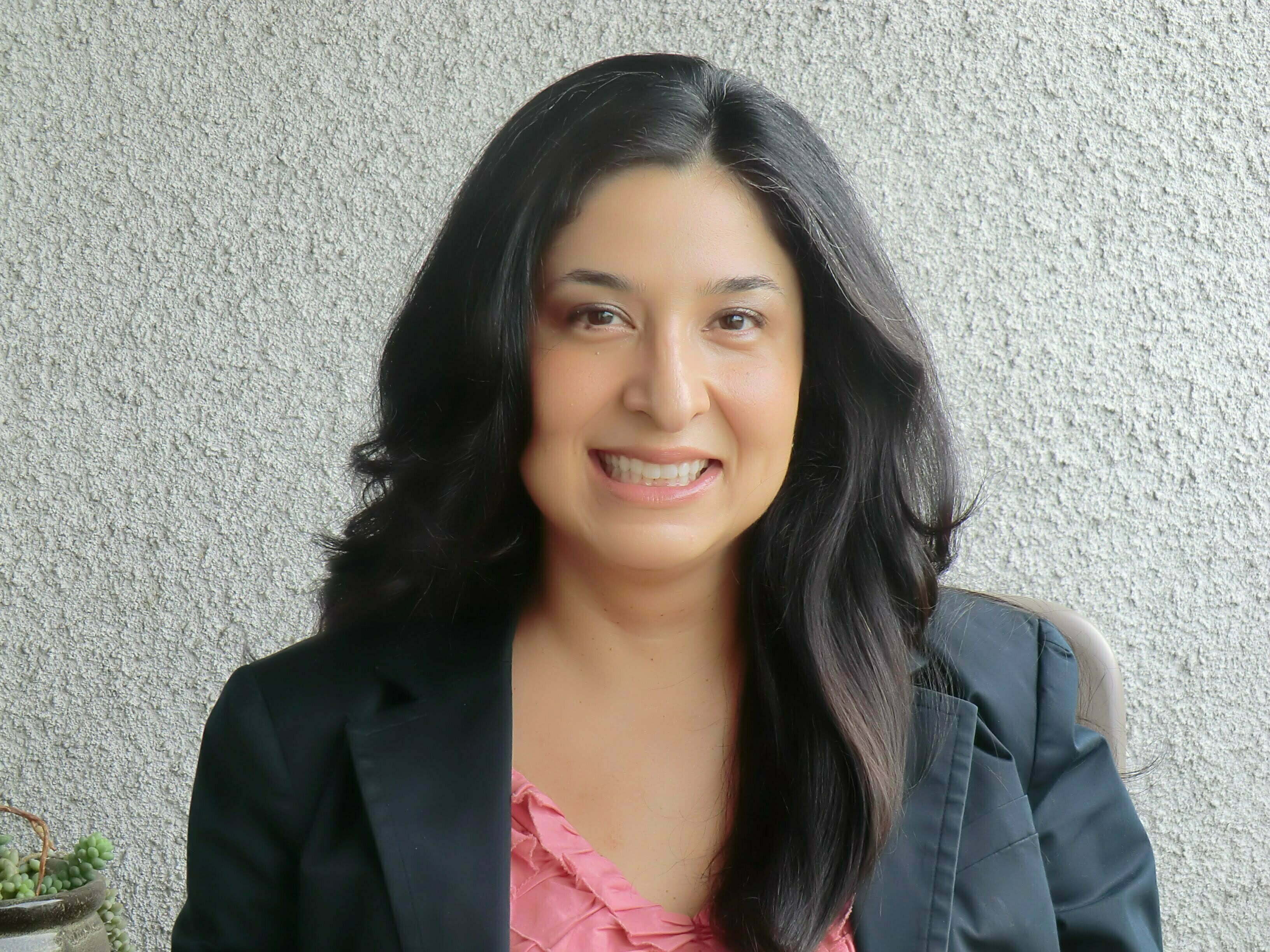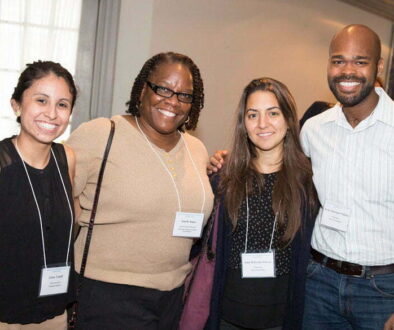Institutional Member of the Month: The Center for Studies in Demography and Ecology at the University of Washington
Selena Ortiz
The Center for Studies in Demography and Ecology (CSDE) supports population research and training at the University of Washington by advancing knowledge on migration, health, family change, and other demographic trends. As a federally funded research center with over 70 years of experience, the CSDE community of scholars develops new demographic measures and methods, advances knowledge about population dynamics, generates new data and evidence to support population science, and trains the next generation of demographers. The CSDE provides training for graduate student, postdoctoral, and mid-career professionals; grant assistance; technical support for computing and security; consultations on methods, data, and GIS; and a host of other services to its affiliates.
You can follow the CSDE on Twitter @CSDE_UW.
We’re so excited to share the work of the Center for Studies in Demography and Ecology (CSDE) at the University of Washington with IAPHS members. What disciplines are represented among CSDE scholars?
CSDE affiliates include scholars in anthropology, biology, communication, computer science, economics, epidemiology, environment and occupational health, forestry, geography, health services, medicine, pharmacy, policy, psychiatry, psychology, real estate, sociology, statistics, social work, and urban studies.
Can you give us an example of how an interdisciplinary collaboration strengthened a project or brought an unexpected angle to the work?
A recent example of a collaborative endeavor has been the Scraped Online Rental Listings Project. This effort involved collaborations among computer scientists, data scientists, sociologists, and real estate scholars to generate the first-of-its-kind longitudinal database of rental listings of the 100 largest MSAs in the country providing text, geo-location, and property descriptions since 2018. The data has generated new insights on spatial distribution of racialized discourses in the rental housing market, as well as insights on the relationship of rental markets to crime hot spots.
We’re always excited to hear about the multiple ways that students are involved in population health research and practice. Can you share some specific ways that students are engaging with CSDE scholars and projects?
Our graduate students are an integral part of our scholarly community. They are core members of the CSDE’s working groups, they collaborate with faculty on research projects, and they help lead the building of new projects. For example, four students are working with CSDE’s Director Sara Curran (Sociology) and CSDE Research Scientist Jessica Godwin (Statistics) to establish a new online platform for publishing code and synthetic data for sharing with a wider audience, to advance the adoption of reproducible code for demographic analyses, and to provide accessible explanations for applications outside academia. The Population Dynamics Lab (PDL) draws on the expertise of pre-doctoral students Delaney Glass (Anthropology), Neal Marquez (Sociology), and Aja Sutton (Geography) to develop a virtual lab experience where methodological extensions and innovations are developed collaboratively to the benefit of many. Our e-news records weekly our collaborative research results, and readers can subscribe to the weekly announcements here.
In another example, we co-host a summer applied research program with the UW’s Population Health Initiative. In this endeavor, CSDE Affiliates and Scientists work with a team of PhD, Master’s and undergraduate students on a data analyses project of interest to a particular state or county agency. In our first year of the program, the project team advised Public Health—Seattle & King County on the efficacy of an intervention program for expectant mothers by evaluating birth outcomes. The team provided recommendations to the agency for ways to improve their program and their data tracking systems.
The weekly CSDE seminar series highlights a variety of topics ranging from intimate partner violence to redlining to neuro-prediction. These sound like great opportunities to broaden the CSDE community.
We seek to showcase how population research and demography form a crucial foundation for understanding just about any social or biological process that has relevance for many of the pressing challenges of our times. Furthermore, our panel discussions are often opportunities for UW scholars to share their ideas and provide students with an overview of research in an area of interest – such as intimate partner violence or climate change impacts. We’ve found that CSDE panel exchanges are among the most appreciated events for our scholarly community.
We’re curious to hear how the CSDE has responded to the COVID-19 pandemic as a research and training center. What particular areas of research have CSDE scholars spearheaded and contributed to?
CSDE researchers have been variously engaged with COVID-19 pandemic responses. Among the most famous of these are our colleagues at the Institute of Health Metrices & Evaluation. CSDE Affiliate Ali Mokdad leads efforts to develop infection forecasts, along with CSDE Affiliates Abraham Flaxman and Emmanuela Gakidou. Their work is regularly featured in the news and Dr. Mokdad is a frequent spokesperson explaining the forecasts. CSDE Affiliate Adrian Raftery (Statistics) has been leading efforts at the National Academy of Sciences in advising policymakers on how to interpret COVID-19 statistical data. Recently, CSDE Affiliate Melanie Martin (Anthropology) and colleagues published findings on the transmission of COVID-19 from mother to newborns. CSDE Affiliates and students published numerous analyses of the impact of COVID-19 on homelessness and evictions. And, Steve Goodreau (Anthropology) and Martina Morris (Sociology & Statistics) published research on how social networks influence the spread of COVID-19. Many other colleagues are also working on vaccine hesitancy and vaccine development.
We understand that congratulations are in order! The Population Association of America (PAA) recently selected CSDE director Sara Curran and a team of 25 editorial board members from UW to lead the association’s flagship journal, Demography, for the next three years. How does this development impact the CSDE and its scholars?
We are thrilled to be hosting Demography and are a bit awed by the responsibility! The first impact is that it does add a bit more of a burden on our faculty to provide the work of the deputy editors, although we are also inviting an additional 15 scholars from outside of UW to join the editorial team and help with the workload.
What exciting new plans are in store for the journal?
We will be continuing the great work of the last editorial team and will be working to grow its public profile. We’ll build on the teaching resource suggestions launched by the last editorial team to offer timely articles for many teaching fields. We’ll also increase our outreach to the news media market.
We certainly wish the CSDE all the best in this endeavor. Before we wrap up, can you share the CSDE’s experiences as an institutional member of IAPHS?
IAPHS provides an important community of scholarship for most of our affiliates. Unlike other demography centers, health scholars comprise more than 50% of CSDE’s scientists and many of them care deeply about the social determinants of health, population health, and health disparities. These interests mean that IAPHS is an important audience and opportunity for scholarly exchange. Students are especially appreciative of the associated IAPHS discounts that come with our institutional membership.
It’s been great getting to learn more about the CSDE. We’re thrilled to have the CSDE contribute to the learning environment of IAPHS members and we deeply appreciate its support!
CSDE acknowledges we are on Coast Salish territory, the traditional homeland of the
Duwamish, Suquamish, Tulalip, and Muckleshoot nations and other Native peoples.
CSDE’s commissioned logo from Native artist, UW Professor Marvin Oliver,
acknowledges these vital connections to native peoples and territories.






All comments will be reviewed and posted if substantive and of general interest to IAPHS readers.